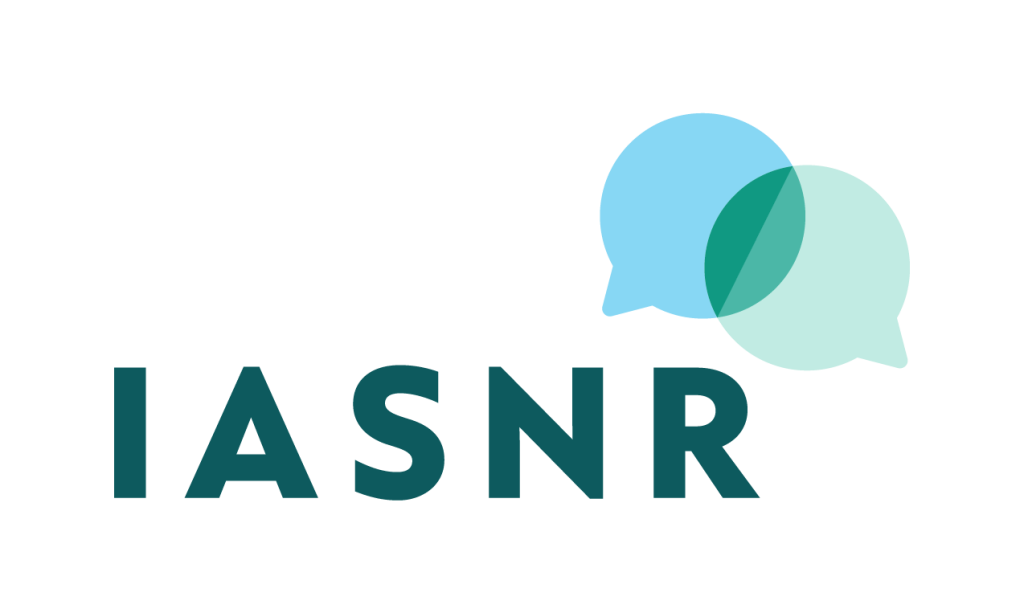Community-Engaged Research: Innovations for Moving from a Science Delivery to a Deliberative Science Approach

IASNR is excited to announce a series of webinars from the 2021 Virtual Conference. These webinars were highlighted by conference participants and IASNR Professional Development Committee members. The second webinar in this series is “Community-Engaged Research: Innovations for Moving from a Science Delivery to a Deliberative Science Approach” and was organized by Mae Davenport (University of Minnesota).
Panel Chair: Mae Davenport (University of Minnesota)
Panel Speakers: Mae Davenport (University of Minnesota), Sarah Roth (University of Minnesota), Sarah Church (Montana State University), and Chloe Wardropper (University of Idaho)
Panel Session Abstract: Debates over the legitimacy and relevance of science have become increasingly polarized in public discourse, news media, and policy making. The need for community-engaged research (also called community-engaged scholarship and community-based participatory research) that integrates multiple ways of knowing has never been more apparent. In this session, presenters discuss new frameworks for deliberative science and examine the outcomes of community-engaged research strategies. Deliberative science recognizes the shortcomings of science communication models that aspire to “deliver” science products to an “uninformed” audience. Instead, deliberative science prioritizes inclusivity, shares decision-making power, and engages communities in dialogue throughout the process. Relationship-building and cultural exchange across different ways of knowing become the focus. Further, we argue that deliberative science makes science better. As a series of case studies, we explore collaborative data analysis in a Minnesota urban water project, volunteer water monitoring in Montana, collaborative monitoring of drain tile in the Lake Erie Basin, community-based initiatives led by Inland Pacific Northwest wheat farmers facing herbicide resistance, and formative evaluation of a tribally-directed research process aimed at protecting Manoomin (natural wild rice). This session is interactive and discussion notes were gathered and shared with all participants.
For questions, please contact Mae Davenport, [email protected].
